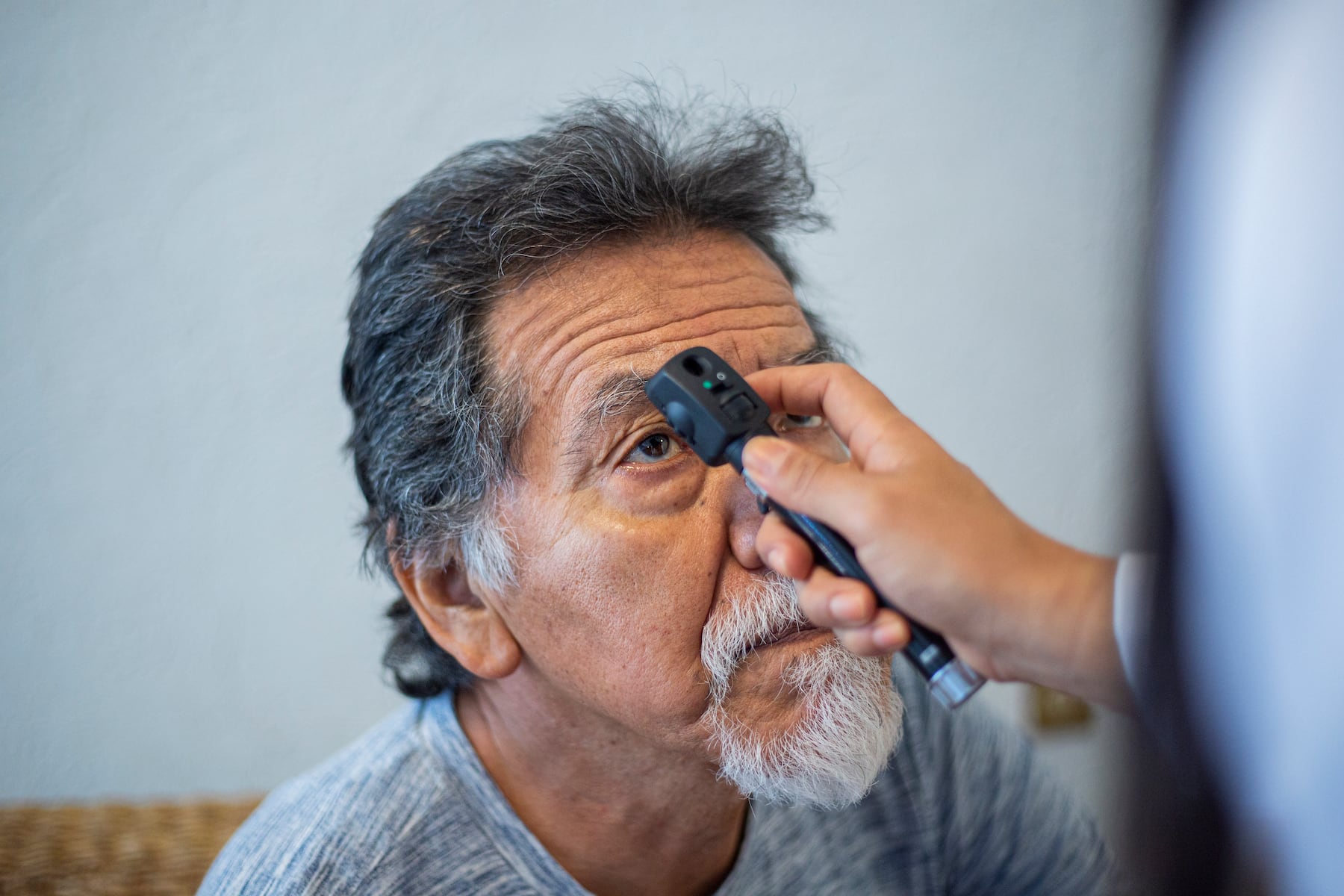Science
New mRNA Vaccine Offers Hope Against Age-Related Blindness

A groundbreaking mRNA vaccine developed in Japan shows promise in preventing vision loss linked to age-related conditions. Researchers at the Institute of Science Tokyo reported that the vaccine effectively suppresses abnormal blood vessel growth in the retina of mice, a key factor in neovascularization associated with age-related macular degeneration. This condition affects nearly 200 million people globally, making it a leading cause of vision impairment for individuals over the age of 60.
Current treatment methods for neovascularization typically require frequent and invasive injections directly into the eye. In contrast, the new vaccine can be administered intramuscularly, making it less invasive and simpler to deliver. This development could significantly alleviate the burden of ongoing eye injections for patients, according to the researchers.
Research Findings and Potential Impact
The study, led by Professor Satoshi Uchida from the Department of Advanced Nanomedical Engineering at the Institute of Science Tokyo, alongside Visiting Professor Yasuo Yanagi from the Department of Ophthalmology and Micro-technology at Yokohama City University, revealed that targeting the protein LRG1 with the vaccine reduced retinal damage by up to 85% in mouse models. These findings were made available online in July 2023 and later published in Volume 61 of the journal “Vaccine” in August 2023.
If successful in human trials, this innovative approach could revolutionize treatment for age-related vision loss. The potential to reduce the frequency of injections not only enhances patient comfort but also opens new avenues for accessibility and compliance in treatment regimens.
As the global population ages, the need for effective interventions becomes increasingly urgent. With nearly 200 million individuals affected worldwide, the implications of this vaccine extend far beyond individual health, potentially easing the broader healthcare burden associated with treating age-related macular degeneration.
The research conducted by the Institute of Science Tokyo provides a significant step forward in the quest for effective treatments for vision loss. As further studies progress, the hope remains that this mRNA vaccine could one day offer millions a pathway to better eye health and improved quality of life.
-

 Technology5 months ago
Technology5 months agoDiscover the Top 10 Calorie Counting Apps of 2025
-

 Health2 months ago
Health2 months agoBella Hadid Shares Health Update After Treatment for Lyme Disease
-

 Health3 months ago
Health3 months agoErin Bates Shares Recovery Update Following Sepsis Complications
-

 Technology4 months ago
Technology4 months agoDiscover How to Reverse Image Search Using ChatGPT Effortlessly
-

 Technology1 month ago
Technology1 month agoDiscover 2025’s Top GPUs for Exceptional 4K Gaming Performance
-

 Technology2 months ago
Technology2 months agoElectric Moto Influencer Surronster Arrested in Tijuana
-

 Technology5 months ago
Technology5 months agoMeta Initiates $60B AI Data Center Expansion, Starting in Ohio
-

 Technology5 months ago
Technology5 months agoRecovering a Suspended TikTok Account: A Step-by-Step Guide
-

 Health4 months ago
Health4 months agoTested: Rab Firewall Mountain Jacket Survives Harsh Conditions
-

 Lifestyle5 months ago
Lifestyle5 months agoBelton Family Reunites After Daughter Survives Hill Country Floods
-

 Technology4 months ago
Technology4 months agoHarmonic Launches AI Chatbot App to Transform Mathematical Reasoning
-

 Technology3 months ago
Technology3 months agoUncovering the Top Five Most Challenging Motorcycles to Ride





















